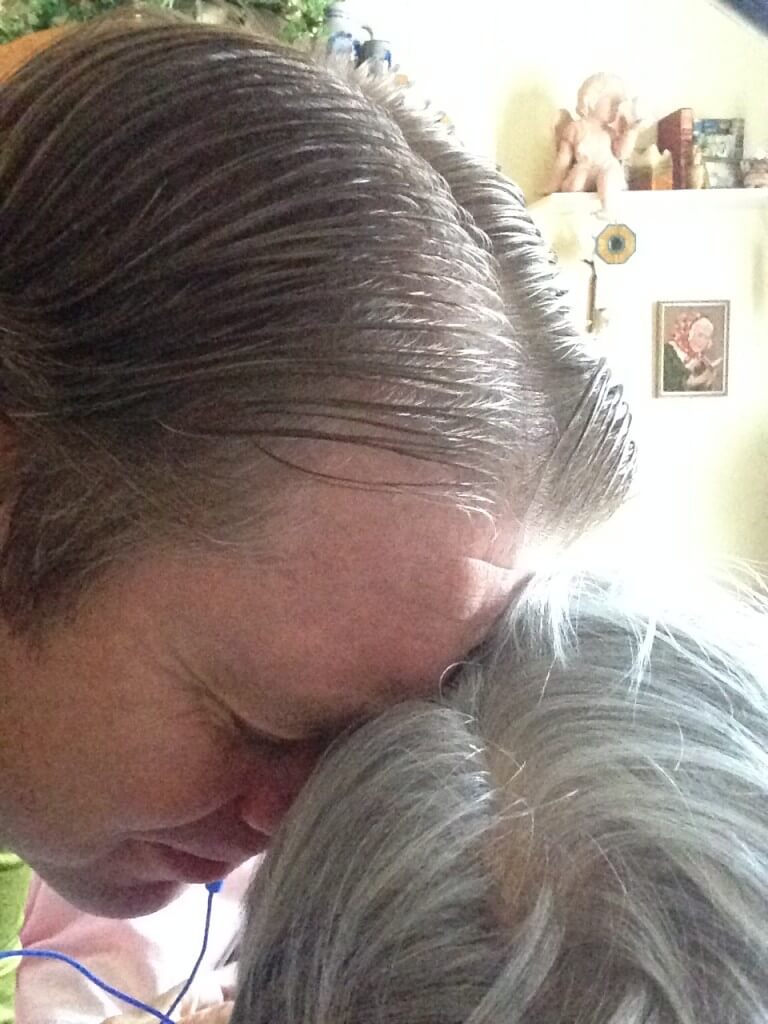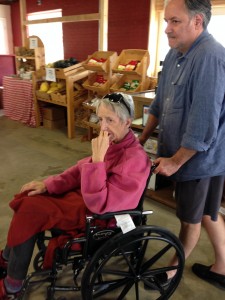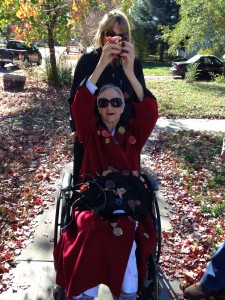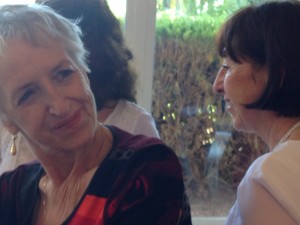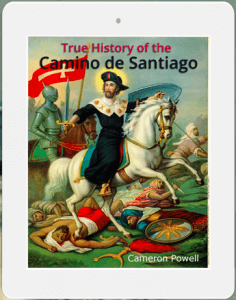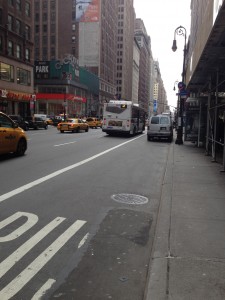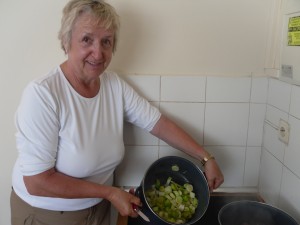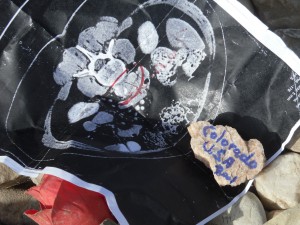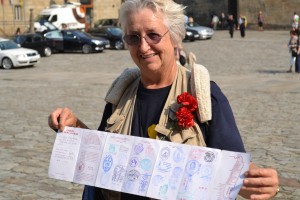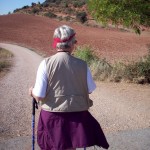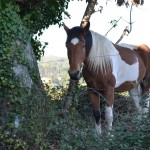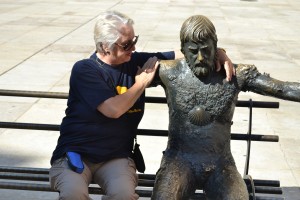November 10, 2014 Cont’d
6:55p.m. Today felt a bit more blah than yesterday. Aggravation with landlord. Mom’s complaints and my telling her she sounds like an ingrate. “Oh, kick me when I’m down,” she said. “I’m not kicking you,” I said. “I’m holding you accountable: I don’t deserve this. I know you’re angry but please find something else to take it out on.”
I was in another room when she called my name. “What?” I said.
“Are you upset with me?”
Was I? No. Wouldn’t be good to say yes even if I was. “No.” I walked into the living room. “I just want you to be mindful of the people around you. We’re on your side.”
* * *
Five minutes ago may have marked the first time since this crisis began that I found myself wondering how I could endure. And I think the reason I wondered that is that I first noticed how Mom can still move her legs, still stand with help and for a little while, and it occurred to me that we could be doing this for weeks, months. Can I do this that long?
I need to settle into a rhythm, and to have no attachments. If we must both suffer longer, then suffer we shall. There is no getting out of it.
But I also feel fear. I imagine how much she will suffer when she loses the use of her legs. And when would she no longer be able to eat? The hospice nurse said last week that Mom would only be able to keep down broth, but she’s still eating. Though not much today. Yesterday was relatively abundant eating for her, but today was light. Vomited twice this morning. My theory is that it had been almost six hours since her last Ativan when she hit her pain pump twice in a row and drank some coffee. I thought of these additional steps, each a descent into the hell that can exist on earth.
I brought her coffee. “Oh, small pleasures,” she said. She would later tell Berle and Adam, with half-joking amazement, “My son made me a perfect cup of coffee this morning.” And this in spite of the fact that I had not known about her habit of pouring hot water in the mug so that the mug doesn’t cool off the coffee. Mom likes everything hot. I can’t remember if she was always like that and I just didn’t notice, or if this is a new thing. But everything we bring her should be near boiling.
The tenderest moment I will have ever shared with my mother happens when I hug her gently up off her bed. She is so light, so fragile and vulnerable, and she reaches her hands over my shoulders and around my neck, so that I am at once supporting the weight of her and gently hugging her to pick her up. As we start moving she puts the top of her head against my chest and holds on tight. We walk in a shuffling minuet to another part of the house.
November 11, 2014
It’s a little after 10a.m. and Mom is still sleeping. She’s sleeping more and more, it seems. It may not be a coincidence that I am playing my music in the house for the first time since I got here. I also spent some time decluttering my bedroom and the living room, and moved her music system, which she can no longer bear to use, into my closet. This frees up room for Adam’s things, which are stored in the living room.
Mieshelle, my former wife, is arriving on Sunday afternoon. “How do you feel about that?” Adam asked, like a psychotherapist. I shrug. “It’s fine. She may get more out of it than Mom, but that’s fine too.” Maybe I will take a few days’ break in Telluride while she – and the next day, Linda – is here. Nah, I shouldn’t.
Gratitude. I am so grateful that Adam came back. I feel badly that he is spending so much time here, in this dark, crowded, cluttered little house in a town of little interest to him. But when I gave him an out to spend less time here – “I think this could go on for weeks or longer,” I told him – he said that he had nothing else to do and could work from anywhere. I’m grateful that my friend and colleague Mark Kozak has been doing such great work for our differential diagnosis startup.
She sleeps until after ten, which is unheard of. When she wakes up she begins to vomit up her coffee along with bile. Adam and I tend to her, wiping her mouth and nose, holding her bag, holding her up. She is shivering. She says, “I’m going to starve to death.”
“You’ve always come back and started eating again, Mom,” I say. But the last forty-eight hours have seen her eat very little, and she’s vomited up her beloved coffee two days in a row.
I haven’t heard from Candy about her idea of switching work shifts with coworkers. I wonder if this means she will make a decision simply by not taking action.
* * *
At a little after noon she asked for some Savoy cabbage. Whatever that was, we had none. I made her some salad, but it was “too rough”. The watermelon was too sweet. She didn’t want chicken noodle soup, and when I persuaded her to have some she complained that it had nutmeg in it, but she did eat some noodles. Shortly after, she asked me how to give herself a dose on her pain pump. “I forgot how,” she said, rooting around on the machine end rather than the end with the bolus.
She has slept most of the day so far. It’s a little after 2p.m.
At about 2:30 the hospice nurse Suzanne dropped by. She had called earlier to tell us to put a numbing cream on the chest area around Mom’s port so that a new needle could be put in. We found the cream and let Mom do it herself without supervision. Suzanne came into the kitchen where I was getting something to eat.
“I wanted to – I’m sorry, I shouldn’t laugh, but she’s just so cute. Your mom put the cream on her nipple. Which has nothing to do with where the port needs to go. I think we’ve reached another milestone here.” I relayed to her how Mom hadn’t been able to find her pain bolus earlier. She nodded.
Back in the living room, I got Mom her Ativan and Suzanne handed her the water. Mom put the bottle to her mouth and began to drink. “No,” I said, “you need to put the Ativan in first.”
Suzanne gave me a look. I left the room to hide my tears from my mother.
* * *
Mom looked at me a little later. “Did someone steal a street in Germany or a book?”
* * *
Suzanne said, “With about two weeks in life, there’s a phenomena where the person gets bedsores all over and nothing on God’s green earth can prevent them.”
I find myself questioning whether that’s the wisest thing she can say in front of my mother.
I get on a business call for almost an hour and walk back into the living room. Mom has drunk a good bit of Berle’s goat milk, and Suzanne has got Adam and Berle in a huddle that elevates my anxiety. Now she turns to me. “Your mother said – and I know she might change her mind at any time – she said there are too many people coming in here. So she may be doing the final withdrawal we do in our lives, and you might want to consider limiting visitors.” She gives some specific suggestions, but I am still reeling from my mother’s impaired cognition today, and now from this mention of “final withdrawal”.
* * *
Bonnie comes by at around 4:30p.m. Mom is sleeping almost continuously. Bonnie will just sit with my mother, occupying the same room, for almost three hours.
* * *
Occasionally she will awaken to lift a hand uncertainly and murmur, Do we need to take a pill?
And I will say, No, Mom, we don’t need a pill yet. We just took the last one a little while ago.
Because that is what you do, with the dying. You give them every comfort you and others denied them in their lives. Death, as someone once wrote about a hanging, concentrates the mind, and I would add the heart. Suffering does the same. We just feel more. More than we normally do, or ever have, or maybe more than other people too. We are ablaze with feeling. With each feeling there is a thought. Sometimes the feeling comes first, and then thoughts about it, and sometimes the thought comes first and I feel: sadness – my mother is suffering and my mother is dying, are there sadder words in the English language? – and fear – I fear her losing her life, I fear her continued suffering, I fear being lonely, I fear being unable to function – and guilt and the fear of guilt – Why did I say that? Should I be thinking this? I hope I don’t feel guilty – and finally compassion, which means being willing to be sad for another person’s sadness.
And when I tell my mother no, we don’t need another pill, she is satisfied because she knows what’s happening. She feels control over something in her life and safe in knowing that we are doing our pills the right way, like a good girl. And she drifts off to sleep again.
* * *
As I write this at a few minutes to nine p.m., with my mother and Adam both slumbering, I am wondering, Am I ever going to see my mom again? Or was yesterday the last of anything familiar to me? I’m in a foreign country. Mom has said something like that a few times in recent months. It’s all foreign to me, too – losing so much, so quickly, being so surprised, and with such enormous stakes, losing sight of my mother in her descent (or ascent?) to another level of consciousness.
God, I hope she’s happy there.
* * *
She moans softly and I look to see her turning more on her side. She is facing me. “That’s good, Mom. You move just like that.” I don’t know if she can hear me, but I praise and reassure her just in case.
She hiccups. It sounds a little different now. I think it’s shorter now, more of a sharp high yip or even ip than the throatier uhuup she did for months.
I am going to miss that.
I have to stop writing to get up and answer the phone, where a woman begins a marketing pitch honed by the type of company I hope never to run, and I say, “It’s not a good time.” My voice still husky with tears, no doubt. I am hanging up the phone already when I hear her moving to the part of her flowchart where she asks if there’s a better time she could reach me.
I take a break. Read and answer email. Grow bored of what’s left. I read what commenters have said to my posts on Facebook, and Like them all. I hear my mother groan and realize she is reacting to the chainsaw that just started up in Adam’s nose. I invite Adam to go into Mom’s bedroom and shut the door. He goes to the kitchen. I read the Facebook comments to Mom and have to keep stopping to get ahold of my self.
She dozily awakens, eyes barely open, and asks for some hash. “You want some shatter hash?” I ask, to make sure she isn’t confusing hash with her usual leaf. She does. I’m in her room trying to scrape the glue-like substance out of its tiny plastic container and onto some leaf in the glass pipe when she says, “Do we have to go pick up anybody?”
Adam chooses one route – “No” – and I choose another – “Sure, Mom, we can pick up anyone you like.” Either way, her primal anxieties are quelled.
From a Facebook message from a stranger who has followed my mother’s posts for some time: She will have thousands of people lining up in heaven thanking her for what she has done.
Will this morning mark the last time I see my mother as she was, or will she, a morning person if there ever was one, rally again tomorrow morning?
* * *
She asks for orange juice. Adam has already bought a low-acid variety. While I massage her head, he explains that he hasn’t filled the cup all the way up, but there’s more if she wants it.
“You’re my favorite son,” she tells him.
We both start laughing, and I am delighted to see my mother’s face light up with a smile.
As I tuck her in and tell her I love her, she murmurs, “Don’t worry. You don’t have to worry.”
November 12, 2014
I hear my name. I haven’t been able to sleep since Adam’s coughing woke me up, so it doesn’t take me long to get to Mom’s side.
“I need to go to the bathroom,” she says.
When we return to the bed, she is exhausted. She is breathing hard. “Put your legs this way,” she says, pointing at the slice of bed beside her. “Help me get warm.” There isn’t room for putting my legs that way, so I sit down on the bed next to her. I pull the featherbed into her from the front and embrace her from behind.
“You need to call your cousin Renate,” she says. I say I will, ask if we have her current number. She thinks we do, but the last time she told me about Renate she said she had no number of the facility where she was being cared for.
I hug her some more.
She says something to the effect of “I always wanted to be close to you” or perhaps “I feel like I want to be close to you.” Then she adds, “Even when you roll your eyes at me.”
“Oh, Mom, I’m sorry.”
She shakes her head almost imperceptibly. “It’s all right. I do it too. It’s like a pre-conditioned thing.” She tells me I can go back to bed. “I’m not that selfish,” she says.
* * *
Sometime later, after trying to sleep, I go out again. She is sitting forward in her bed and there is a moist patch on her featherbed. I hold her again and press her pain pump. She seems to have forgotten that she can use it, which worries me. I make a note to check on her pain level more.
I’m concerned she’s not drinking enough fluids. But then, enough to what?
Cousin Fiona and Aunt Christa write (as Google Translate renders it):
With great concern we pursue Inge’s dramatic deterioration of their condition. As we have read, Candy is with you ?!
It sure is good and important for your mother, that you two are there and can give you all the love and help.
Our hearts are heavy and sad, but we can remotely only pray for you.
Unfortunately Renate state is equally dramatic, as the your mother.
One can hardly speak by phone with her. All this is a great psychological burden for us.
To see two of our closest and dearest relatives in such a serious condition and experience.
Teach your Mom please all love and warm greetings and embrace it for us.
Our thoughts are very much with you.
In love and embrace
Fiona and your aunt Christa
* * *
I walk up to Mom’s hospital bed and she says, in that slow, almost inaudible murmur, “It’s been a week.”
“What’s been a week?”
“Since I been here. Anybody have any ideas yet? Are we waiting for something?”
“We don’t have any new ideas, Mom.” I couldn’t even mention what we might be waiting for.
“I’m happy the nausea has improved,” she says.
“Me too, Mom.”
She looks stricken. “I’m so far from where I used to be.” She begins to cry. “It’s like the guy said, you better starting livin or get busy dyin, and this shit ain’t workin.”
“No, Mom. It’s not.”
We put our heads together, my right hand on the back of her head, and she cries and I cry in a way that I think she may not notice.
* * *
The hospice assistant seats Mom on a cold shower bench. Mom protests pitifully. Surely they learned a best practice around warming up the bench first? “I don’t want to do this,” I hear Mom say. She’s practically crying. When she gets back to her hospital bed, she’s cold and exhausted from the trip.
The hospice assistant, who has said she must be going soon, asks Mom to roll over onto her side.
“I don’t want to do any damn thing for five minutes,” Mom says. A few seconds later, she smiles that slow smile.
“I’ll stay as long as you need me,” the assistant says.
“No, five minutes was the limit,” Mom says firmly. We all laugh. Mom beams.
* * *
“I’m always here,” Mom tells Lynn on the phone. “I’m just stuck in some crevice.”
* * *
She is gazing toward the TV, which is off, and its cabinet.
“Do you see something?” I ask.
“Just for a second,” she says. “I saw two blips of a camino sign.” She gestured vaguely ahead of her.
“You mean the yellow arrow?”
“Yes,” she says.
* * *
I sometimes think of all the love I felt and did not show, and of all the love I felt and could not show.
* * *
I run errands. WalMart, City Market. When I walk through these places I feel at once heavy and like an open wound. I feel I’m in a race against time. Imagine someone shows up on your doorstep and says, “Your mother has a few days, a few weeks at most, to live. Good luck.” It’s like awaiting an execution, hurtling toward a death sentence. There isn’t enough time. Just as I wanted the future to come sooner when I was anxious to get divorced and move on, now I want to hold the future at bay. Not enough time.